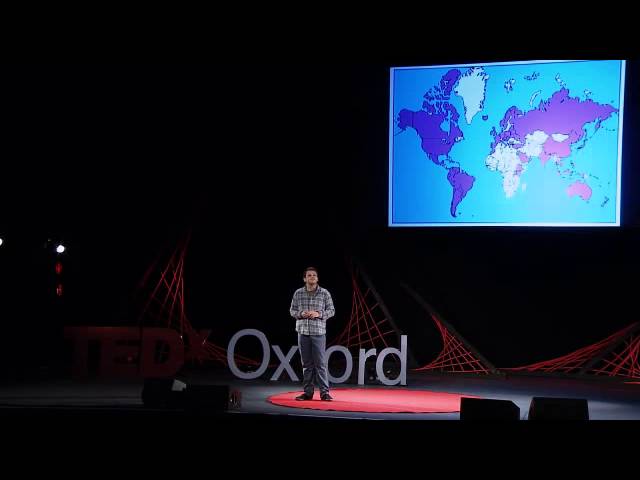Elementos encuadernados
-
Insignias publicadas con éxito. El elemento será visible ahora en tu linea de actividad.
-
Insignias publicadas con éxito. El elemento será visible ahora en tu linea de actividad.
-
Insignias publicadas con éxito. El elemento será visible ahora en tu linea de actividad.
Actividades Recientes
-
Open Society Foundations - Palliative CarePalliative care is a holistic health care approach that improves the quality of life for patients and their families by addressing the psychosocial, legal, and spiritual problems associated with life-threatening illness. The Open Society Foundations support efforts to make palliative care a sustainable, essential part of public health systems...Palliative care is a holistic health care approach that improves the quality of life for patients and their families by addressing the psychosocial, legal, and spiritual problems associated with life-threatening illness. The Open Society Foundations support efforts to make palliative care a sustainable, essential part of public health systems worldwide.MásLa publicación esta bajo moderaciónInsignias publicadas con éxito. El elemento será visible ahora en tu linea de actividad.
-
Open Society Foundations - Harm ReductionHarm reduction is a range of evidence-based approaches that recognize that people unable or unwilling to abstain from illicit drug use can still make positive choices to protect their own health in addition to the health of their families and communities. The Open Society Foundations advocate for policies and practices that advance the health...Harm reduction is a range of evidence-based approaches that recognize that people unable or unwilling to abstain from illicit drug use can still make positive choices to protect their own health in addition to the health of their families and communities. The Open Society Foundations advocate for policies and practices that advance the health and human rights of people who use drugs.MásLa publicación esta bajo moderaciónInsignias publicadas con éxito. El elemento será visible ahora en tu linea de actividad.
-
La publicación esta bajo moderaciónInsignias publicadas con éxito. El elemento será visible ahora en tu linea de actividad.
-
La publicación esta bajo moderaciónInsignias publicadas con éxito. El elemento será visible ahora en tu linea de actividad.
-
La publicación esta bajo moderaciónInsignias publicadas con éxito. El elemento será visible ahora en tu linea de actividad.
-
Insignias publicadas con éxito. El elemento será visible ahora en tu linea de actividad.
-
Insignias publicadas con éxito. El elemento será visible ahora en tu linea de actividad.
-
La publicación esta bajo moderaciónInsignias publicadas con éxito. El elemento será visible ahora en tu linea de actividad.
-
La publicación esta bajo moderaciónInsignias publicadas con éxito. El elemento será visible ahora en tu linea de actividad.
-
Insignias publicadas con éxito. El elemento será visible ahora en tu linea de actividad.
No hay noticias por el momento





